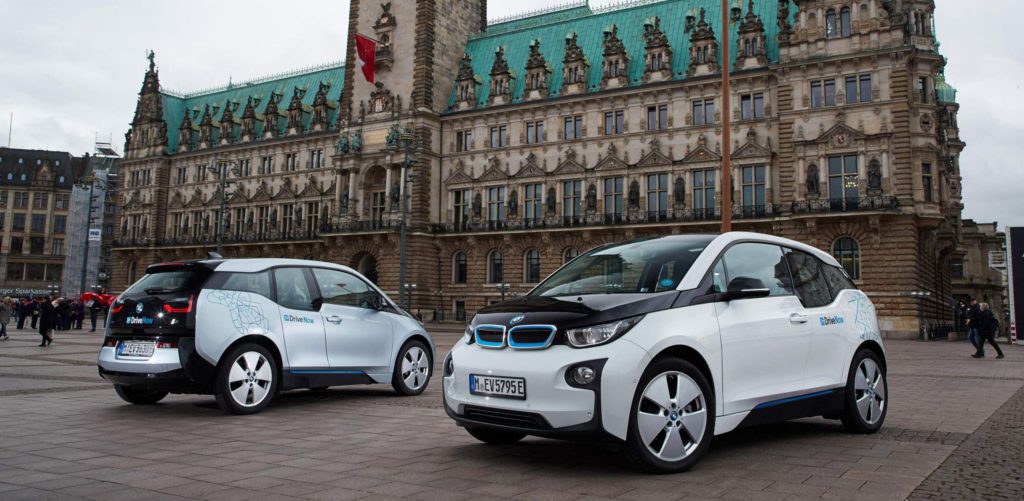BMW to cut parts spending for EV development as suppliers warn of risk to jobs
14 September 2017

14 September 2017
The electric vehicle revolution is continuing and more manufacturers are being drawn in by apparent demand in the private market. With markets such as the UK and France looking to ban the sale of traditional combustion engines, and other markets aiming to build their infrastructure, there is a race for supremacy to ensure brands remain relevant in an electric future.
However, this race comes at a cost. Companies are having to invest heavily to develop electric vehicles (EVs) from scratch, with motors, batteries, energy recovery systems and more needing to be researched before a vehicle hits the showrooms. Therefore manufacturers are having to look at cost savings to ensure they can fund what they believe will be their future.
BMW is planning to launch at least 12 EV models by 2025, and therefore needs to ensure it can finance such a plan. The company is aiming to reduce its costs for transmission components and other parts in order to cut €2 billion from its spending and move it to EV research. The strategy also includes removing a number of custom vehicle options, as reported earlier in the year.
Speaking at the IAA motor show in Frankfurt, Markus Duesmann, head of purchasing at BMW, commented: ′The change in the industry that looms large is significant, it’s coming and there’s no longer the question of when — it’s now. The number of balls we have to keep in the air is huge.’
Duesmann also confirmed that the manufacturer is set to rely less on buying parts from a single company and will work to cut the number of suppliers that have a monopoly position. The savings on conventional vehicle components are especially critical as overall procurement spending is set to rise by €3 billion by 2025 amid expenditures on electric cars, including new tooling, he added.
Meanwhile, component manufacturers at the IAA have said that a fixation on EVs risks damaging Europe’s supplier industry and could hand jobs to China. They want manufacturers and governments to look at other ways of cutting emissions, such as synthetic fuels and more efficient engines, in a move that could safeguard around 5 million workers.
Roberto Vavassori, president of the European Association of Automotive Suppliers (CLEPA) warned that a headlong rush to EVs would hand business to China, which along with South Korea and Japan dominate battery production for such vehicles. ′We need to provide a sensible transition period that doesn’t give unwanted gifts to our Chinese friends,’ he said, estimating European carmakers were paying €4,000 to €7,000 to China for batteries for every electric car produced in Europe.
Although there is investment in Europe for battery technology development, with factories proposed in the UK and Germany, the industry is still lagging behind its Chinese counterparts. Component firms therefore believe that, at least until this shortfall is addressed, keeping options on the future of propulsion open is in the best interests of the industry.
This would involve internal combustion engines that are more efficient than current technology, such as Mazda’s SkyActiv-X petrol compression engine which the manufacturer launched earlier this year. There is also the option of introducing synthetic fuels, which cut down the level of pollutants and therefore provide less of a carbon footprint than traditional petrol and diesel.
Photograph courtesy of BMW